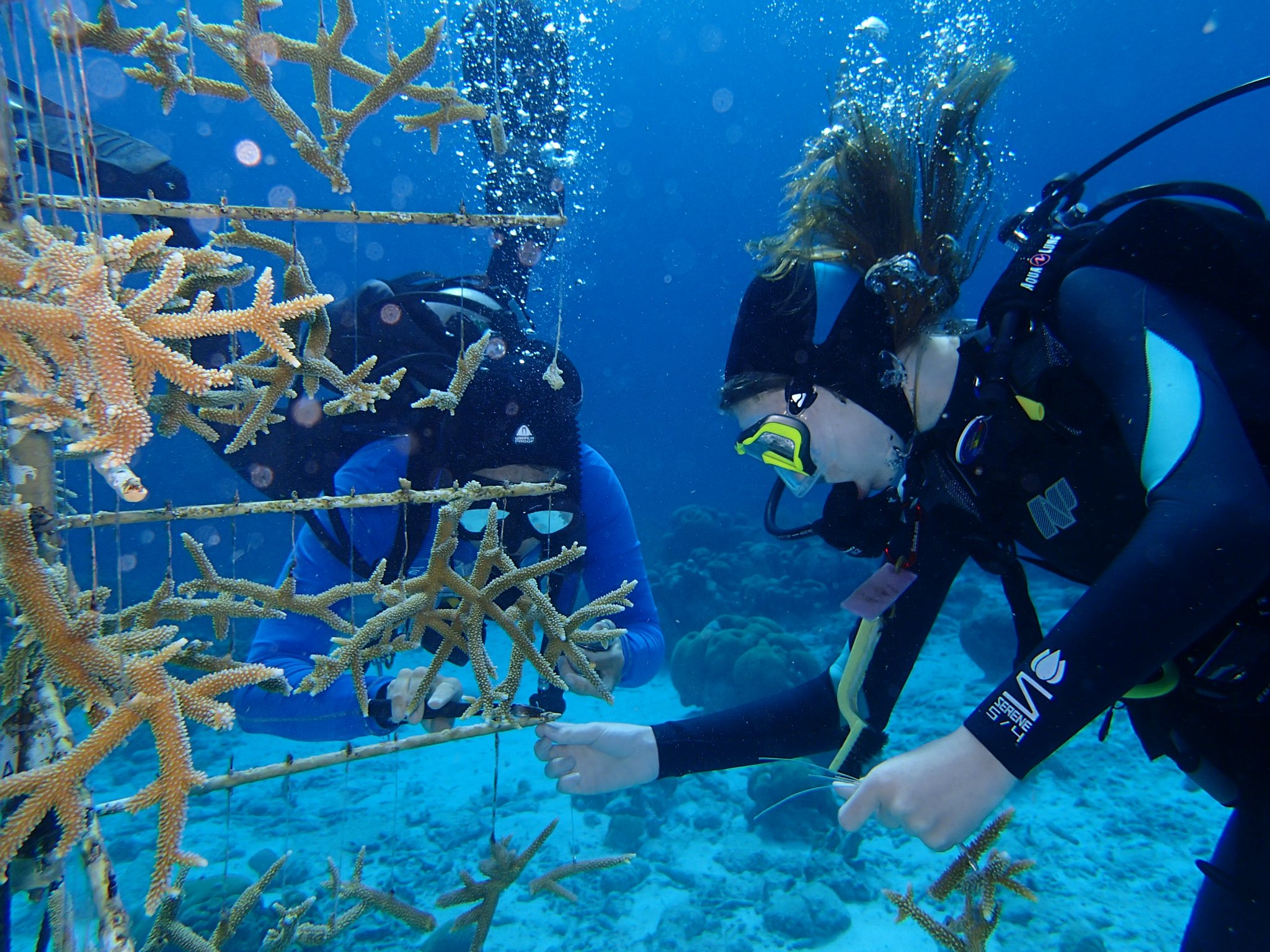
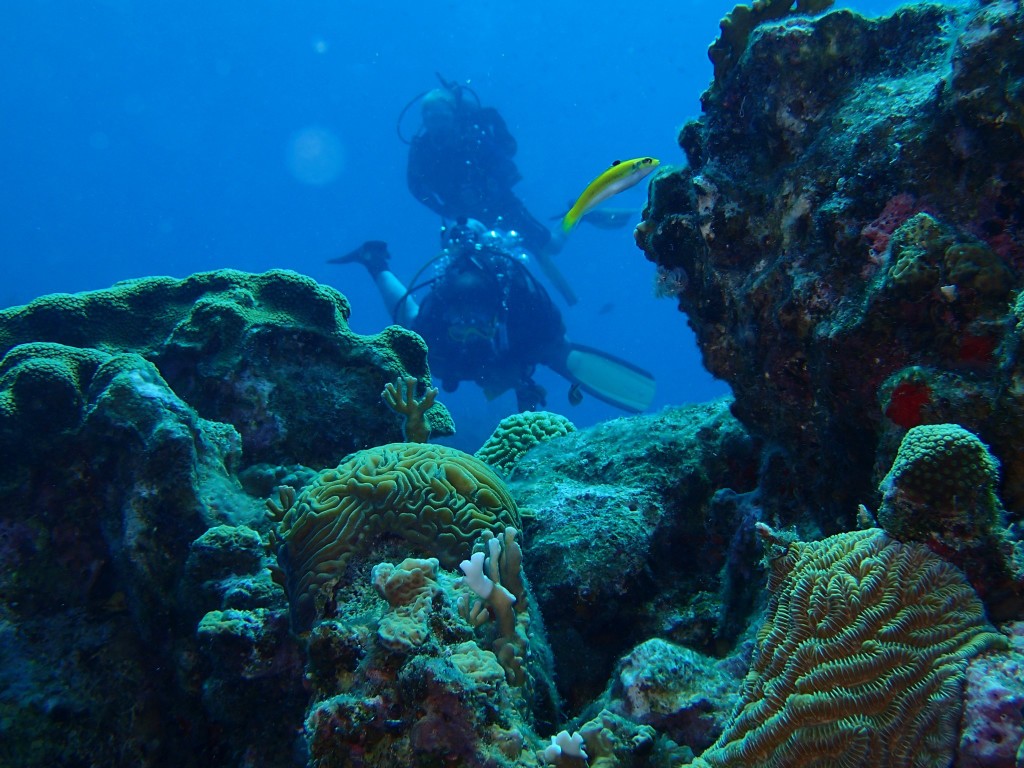
Discover the Magic of Gardening Underwater
When You Help Restore the Reef
If you’re looking for a truly unique underwater experience, a way to give back to Mother Nature, and a really cool PADI Specialty Certification, Bonaire’s Coral Restoration Foundation has a job for you.
The island of Bonaire is truly a diver’s paradise. Warm seas, beautiful coral, and abundant sea life provide a wonderland of adventure for underwater explorers. Consistently ranked as one of the top shore-diving destinations in the world, Bonaire features almost 100 dive sites within its surrounding marine park. And it is home to some of the world’s only coral nurseries.
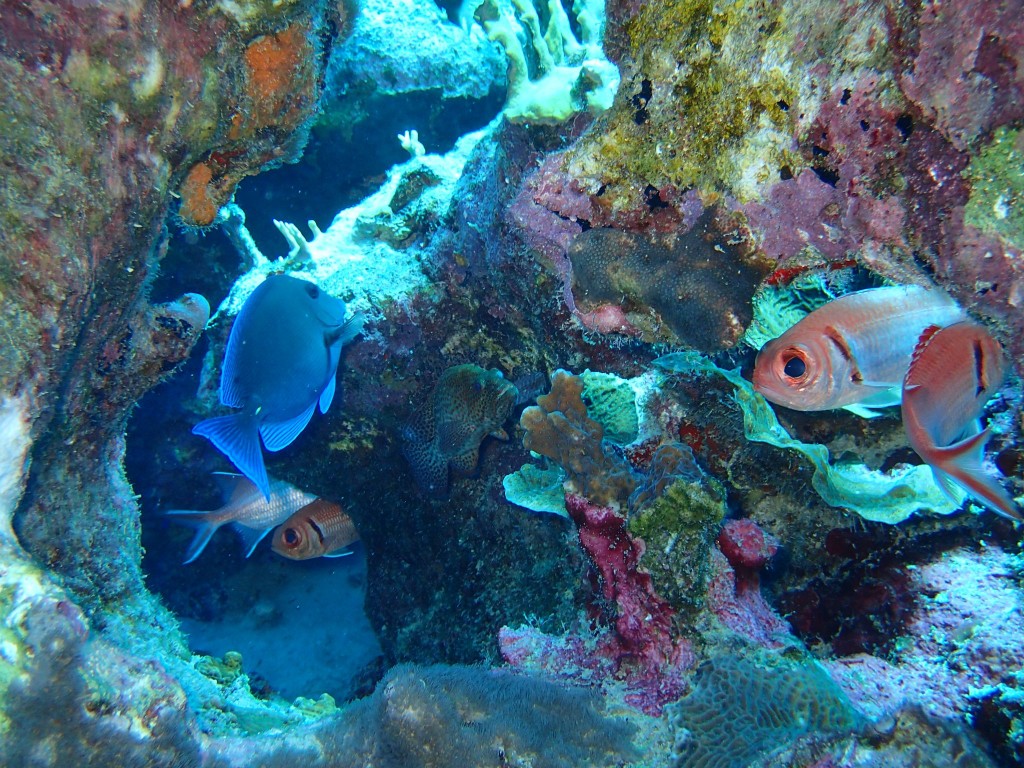
Coral Restoration Foundation Bonaire
Managed by Coral Restoration Foundation (CRF) Bonaire, the coral nurseries are maintained by a tiny staff and a lot of volunteer divers. Volunteers don’t have to be locals – in fact most are visitors to the island who receive training on the spot. CRF offers several options for visitors looking to help out, and you can earn a PADI Specialty Certification while you work.
Bonaire’s CRF operates from the Buddy Dive Resort. Monday nights at 6:30 you can stop by the resort beach bar to hear an informational talk by one of the CRF staffers. It’s a fascinating perspective on what’s going on underwater in the Caribbean, and beyond. Plus you can meet the CRF team and find out more about how to help out.
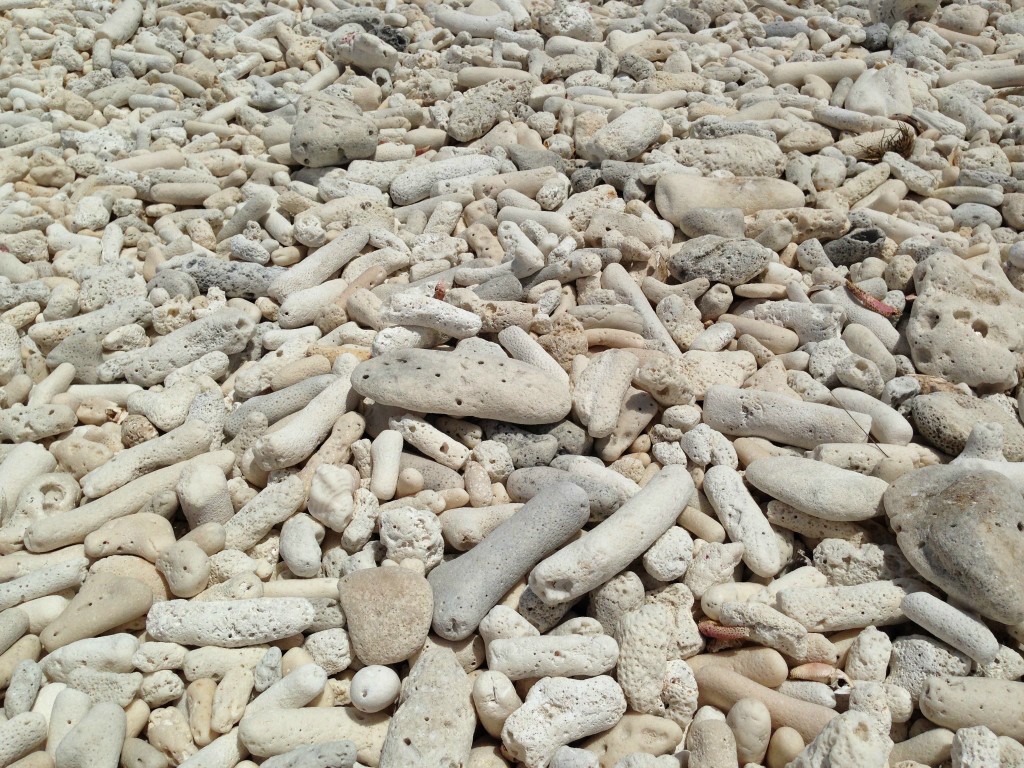
Dead coral fragments are a common sight on many island shores.
PADI Coral Restoration Specialty Course
For certified divers new to coral restoration, CRF offers the chance to earn a PADI Specialty while helping the baby coral. Most weeks they offer a 1.5 day course based at Buddy Dive that includes three training dives, some classroom time, and (yes, I know you’re on vacation) homework. The entire course costs $220, including air and weights and usually at least one dive on Klein Bonaire. Generally the classes are held on Tuesday afternoon (classroom + one dive at Buddy’s Reef), and Wednesday all day (classroom + two dives at various locations).
If you’d just like a short introduction to coral restoration, you can choose to do only the first afternoon session of the specialty course for $65. You get the start of the classroom training and one dive at Buddy’s Reef, and there’s no homework. But you won’t get the specialty certification and you’ll miss the second day which is pretty spectacular.
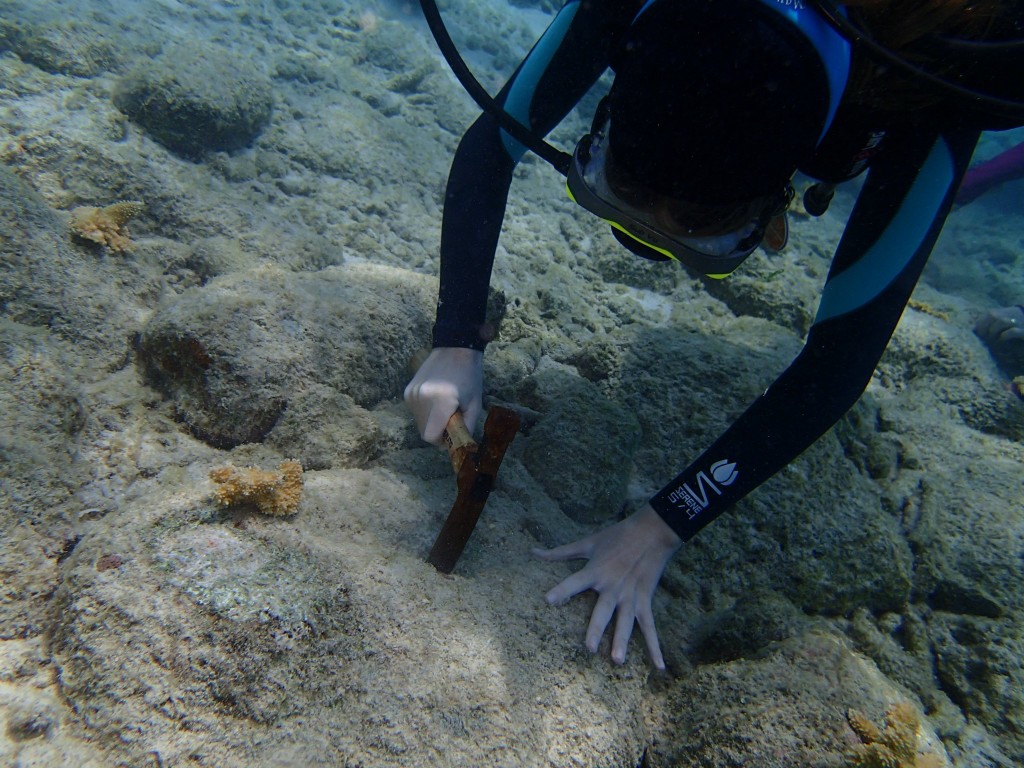
Booking.com
Underwater Gardening
In the course you’ll learn about the decline of the world’s reefs and what’s causing this destruction, and then you’ll get to do something about it. CRF is experimenting with methods to collect coral fragments, nurse these fragments into larger specimens, then divide these new corals and transplant them to beds around the island. It is literally underwater gardening.
Although coral is not a plant – it’s a collection of tiny animals whose skeletons build up a reef – in many ways it is plant-like. One thing scientists can do with coral is to take clippings (don’t try this at home) and transplant them to a new location.
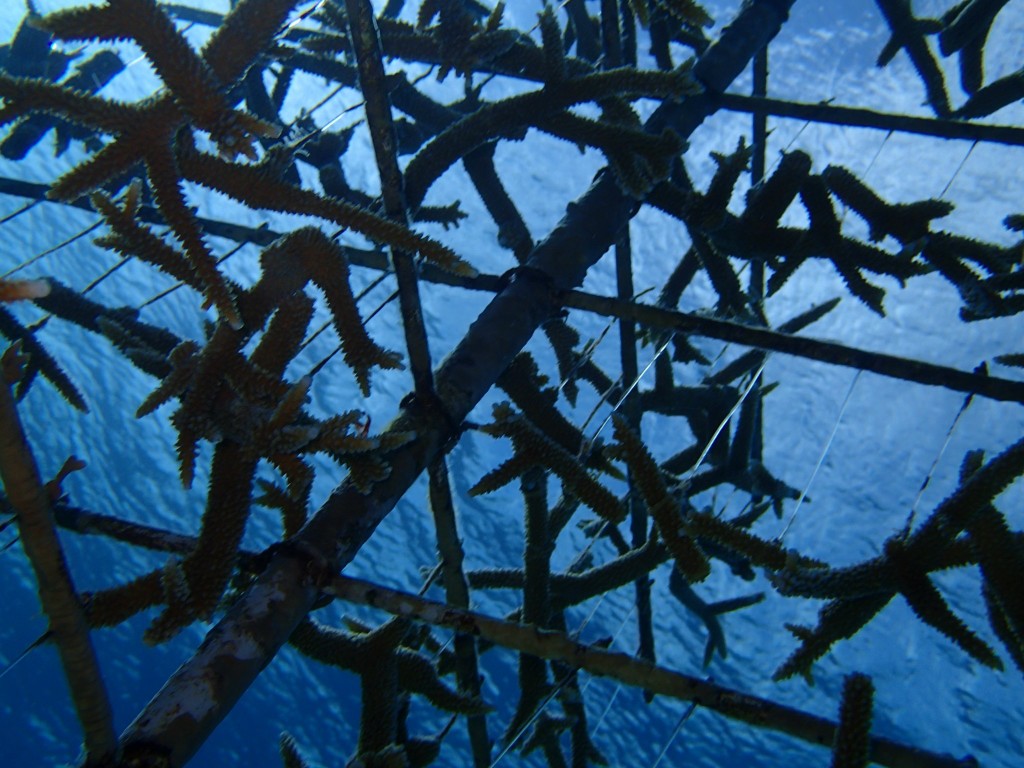
CRF has created several coral nurseries on Bonaire. Often referred to as ‘coral trees’, the nurseries are tree-like structures made of PVC piping, at a depth of about 10-15 feet. Small coral fragments are attached to the tree and the corals grow here until they are ready to be transplanted to the reef. Coral restoration divers protect these babies by removing predators and algae.
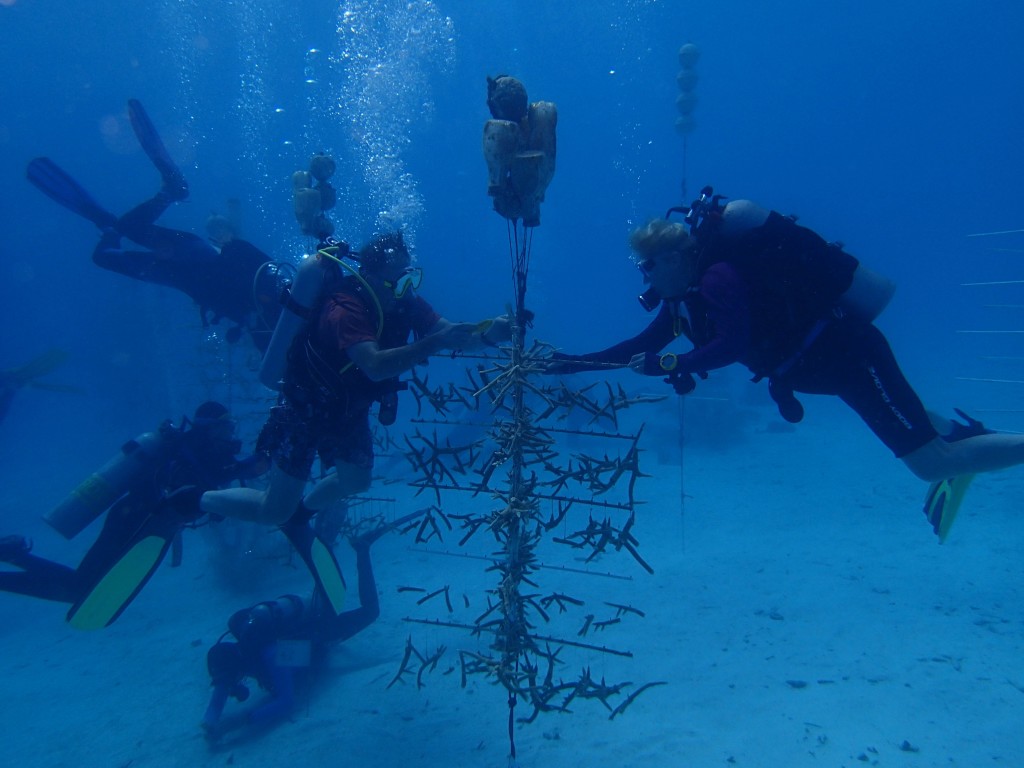
The divers also attach the baby coral to the tree – underwater!
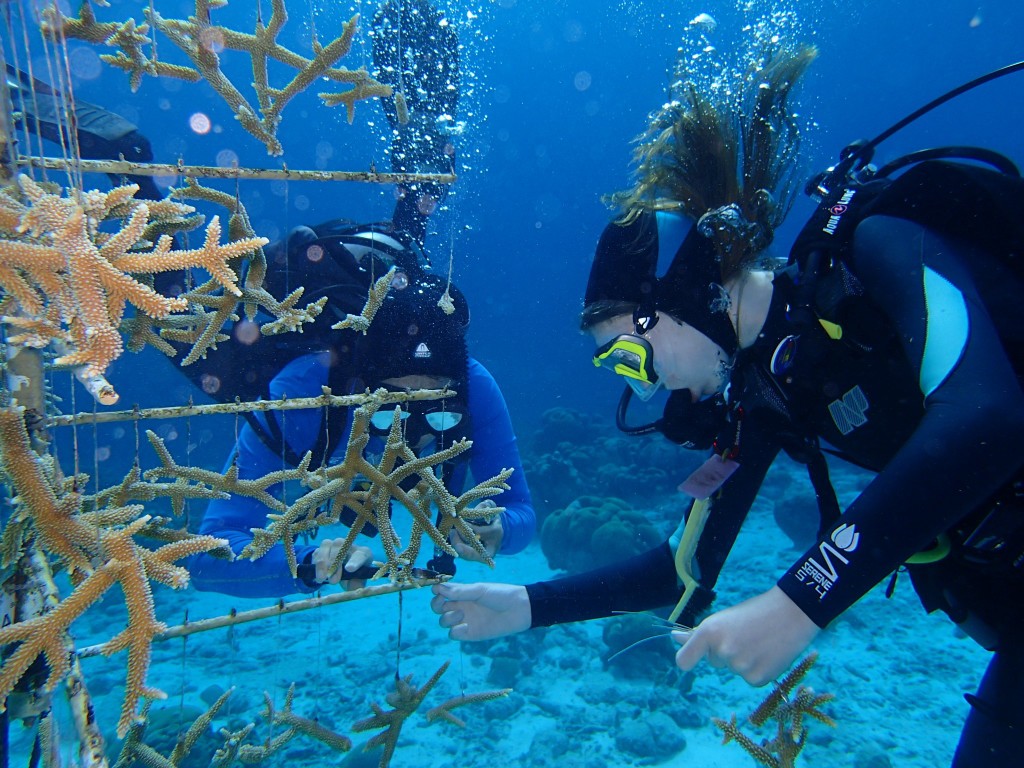
Even if you just do the afternoon class and dive, you’ll be put to work helping the little corals on the trees.
Restoring the Reef
On the second day of your restoration training, you will likely have the chance to take some of the baby corals from the nursery to their new home on the reef.
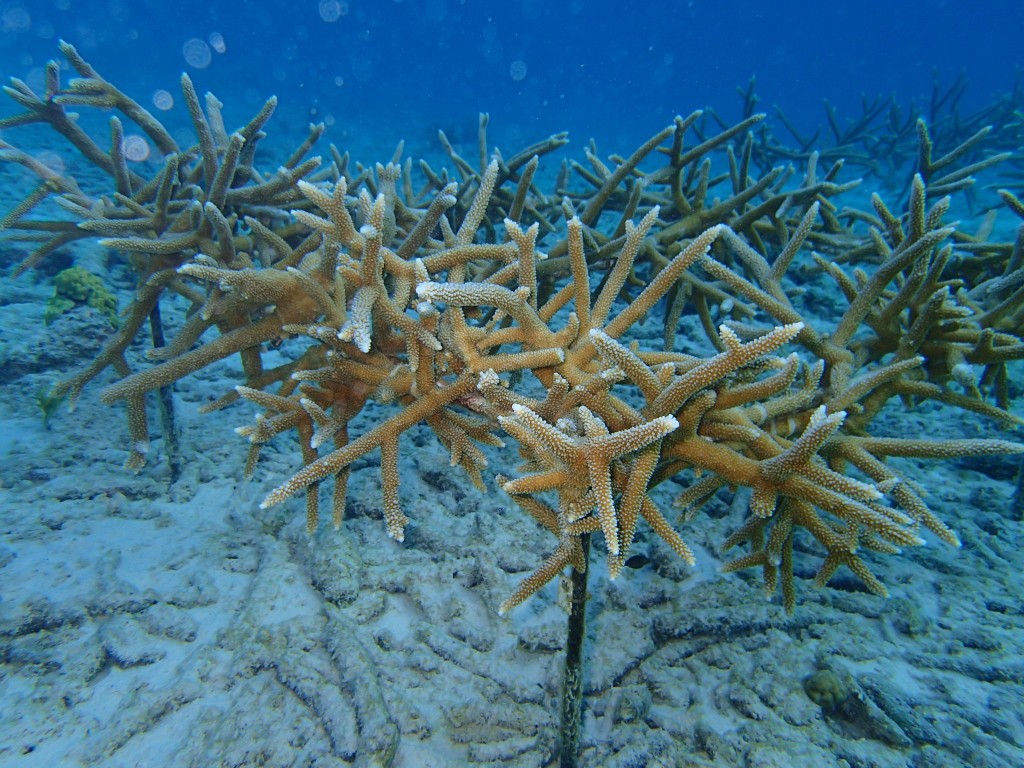
Corals are attached to rocks and man-made structures in various ways.
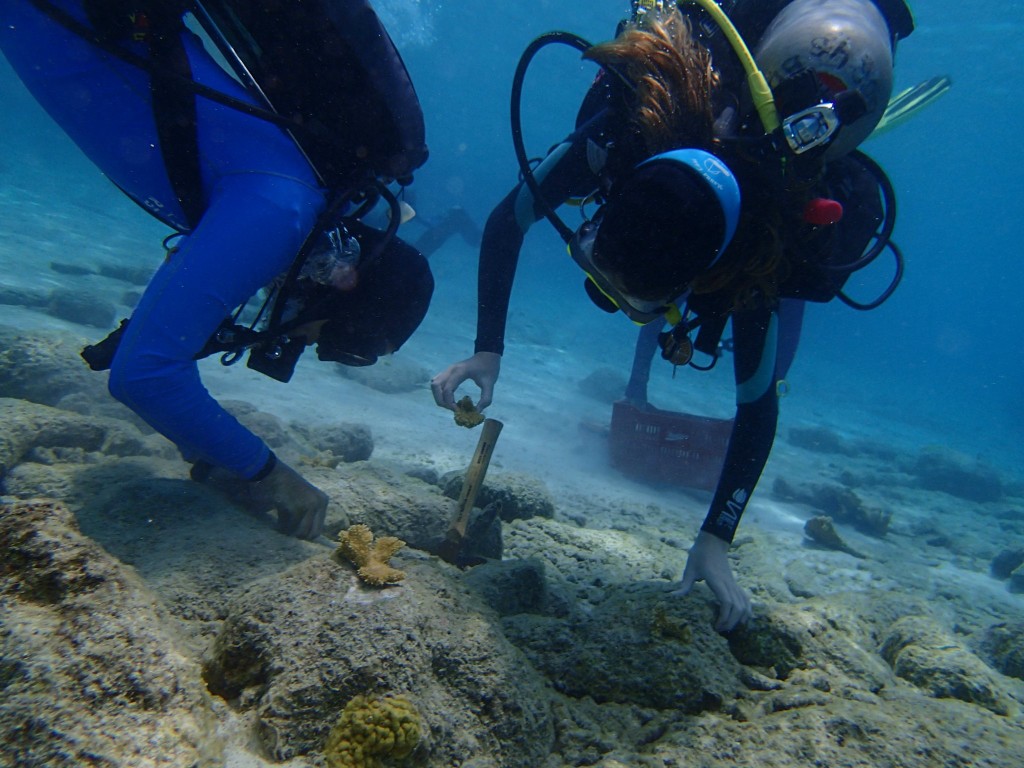
By the end of the day you will have lots of experience planting and managing these new corals. And you might even see a seahorse!
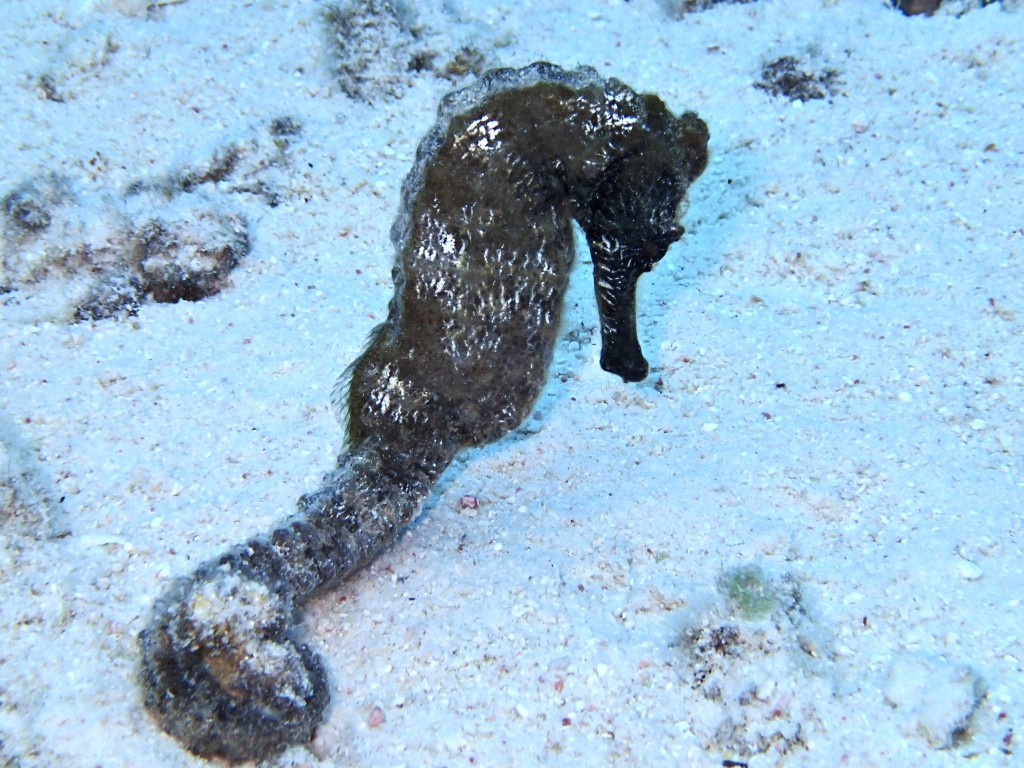
Coral Restoration Specialty Certified Divers Return Again and Again
CRF Bonaire has had a great success in their efforts so far, thanks in large part to divers willing to spend vacation time helping out. More than half of the transplanted corals survive, and they grow fast. So if you plant some coral this year, you can come back next year and see how much it has grown.
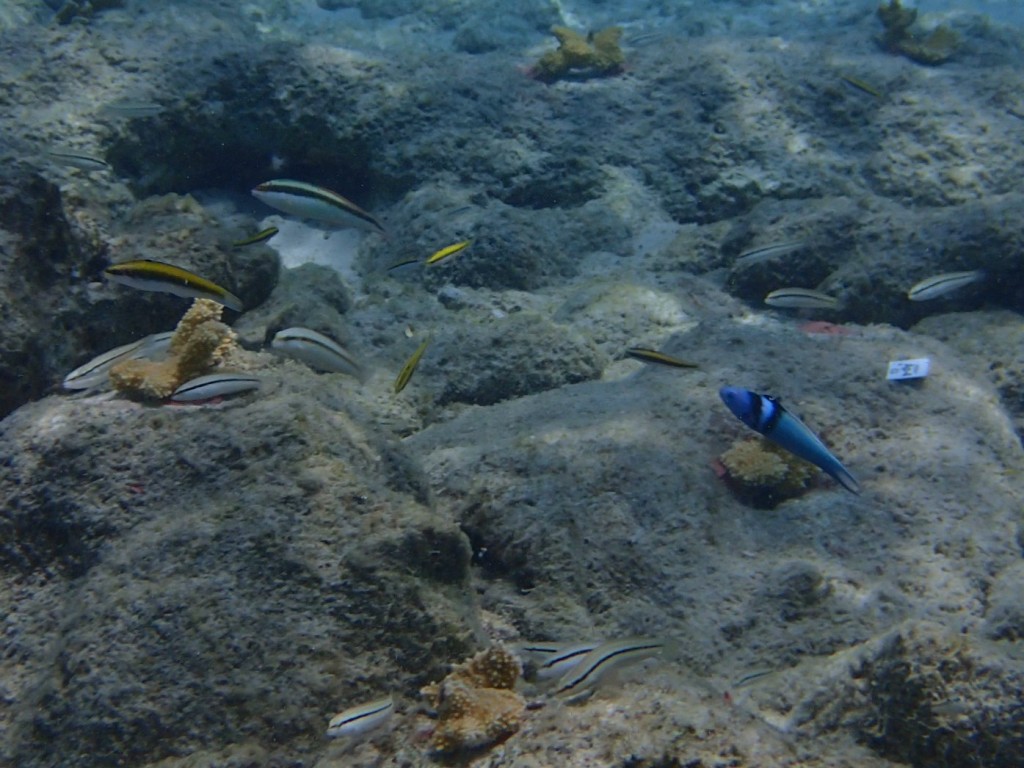
Once you have your coral restoration specialty certification, you can come back and help out anytime. The CRF has daily and weekly dive packages for certified restoration divers, and they dive most every day.
Contact Coral Restoration Foundation Bonaire
For more information about diving with Coral Restoration Foundation Bonaire, visit Buddy Dive’s website at: http://www.buddydive.com/en/coral-restoration-foundation-packages/coral-restoration-foundation-packages.html
You can also follow Coral Restoration Foundation Bonaire on Facebook at: https://www.facebook.com/pages/Coral-Restoration-Foundation-Bonaire/349062175239706?fref=ts
Some of the world’s most incredible coral reefs still thrive in Indonesia. Here’s my post about Wakatobi Dive Resort.
This post contains affiliate links.
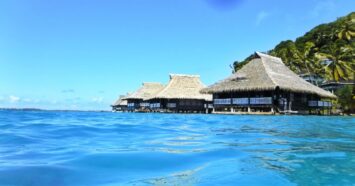
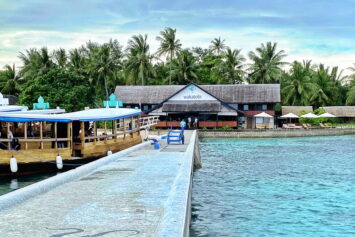
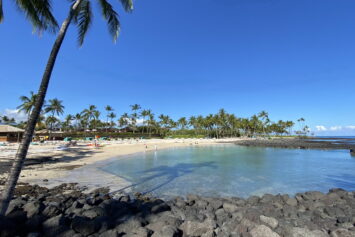

 Plus lots more at GoInformed.net
Plus lots more at GoInformed.net


